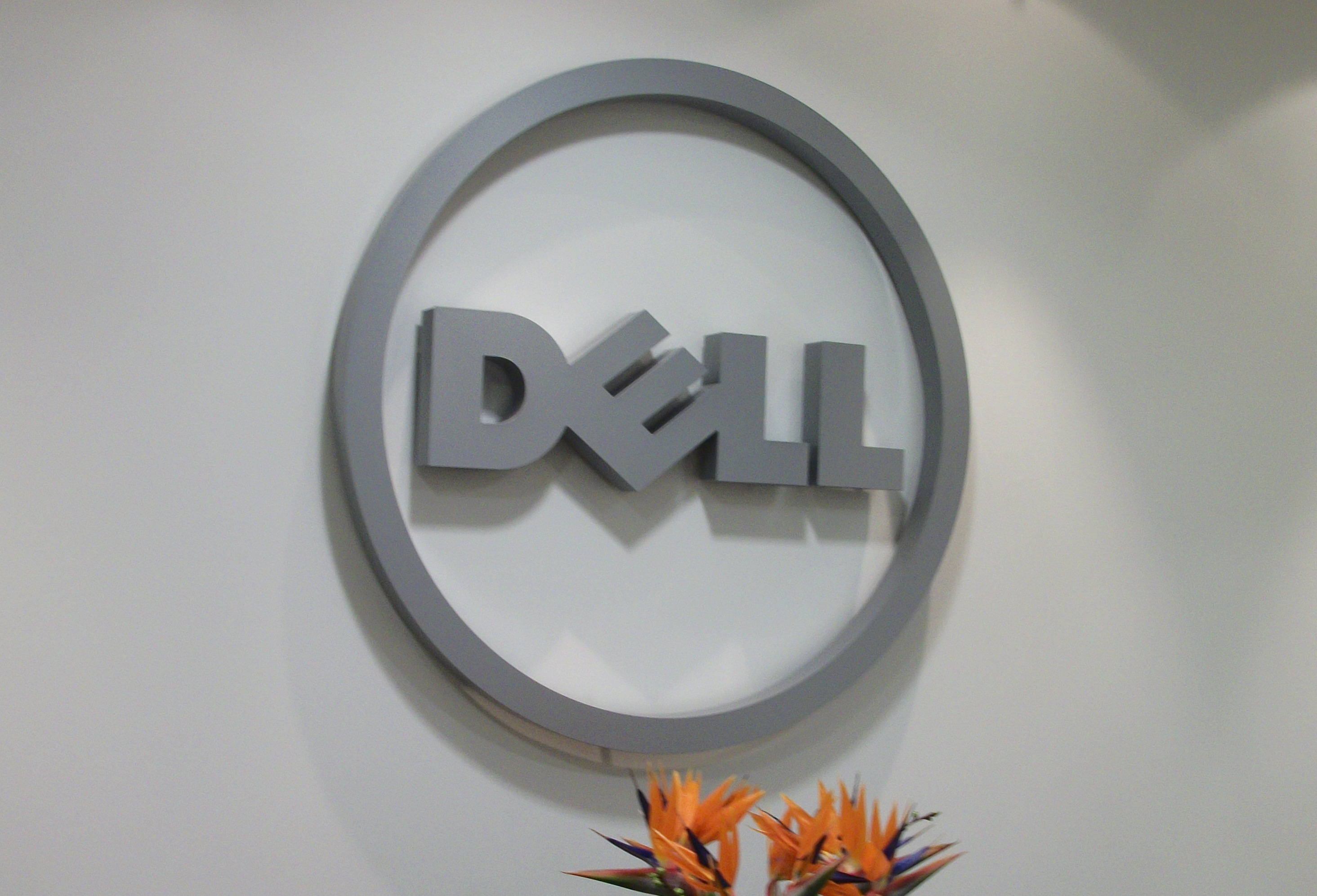

Michael Dell has gained the regulatory approvals to finally proceed with his plan to buy the PC maker for $25 billion (£15.4bn) and take it private.
The company announced in a brief statement 1 October that “it has received all necessary pre-merger regulatory clearances for the consummation of the merger transaction,” in which Michael Dell and financial backer Silver Lake Partners will buy Dell for about $25 billion and take it private, a move that the CEO said will accelerate the company’s transformation from a PC maker to a provider of enterprise IT solutions and services.
The deal is expected to close before the end of the year.
Michael Dell announced in February that he and Silver Lake wanted to buy Dell for $13.65 (£8.41) per share, a price that some investors said was too low. The following months saw major shareholders threaten to vote against the proposal. In addition, activist investor Carl Icahn launched a high-profile campaign against the deal, offering his own bid to buy the company and keep it public.
Dell’s board of directors over the summer postponed the shareholder vote three times when it appeared Michael Dell may be unable to get enough votes to approve the deal. Eventually, the CEO upped his bid to $13.88 (£8.55) a share, and the board changed voting rules to make it easier for Michael Dell to get enough votes. Icahn raged against the board and Michael Dell, but eventually dropped his efforts, and shareholders approved the deal 12 September.
Michael Dell, who will remain CEO and owns about 75 percent of the private company, has said he wants to take the company private, saying it will be easier for him and other executives to transform the company away from the glare of Wall Street analysts. The company has been significantly impacted by the rapid decline in the global PC market in the wake of the growing popularity of tablets and smartphones, and like other tech vendors that also have been hit hard – such as Hewlett-Packard and Intel – Dell is looking to expand into new growth areas.
For Dell, that means becoming more of an enterprise IT solutions provider, offering everything from servers and storage devices to networking, cloud and services. At the same time, Michael Dell has argued that PCs and tablets are an important part of that end-to-end idea, and that the company will continue to invest in those markets.
“We have plans to significantly increase investment in our PC and tablet business to enhance our ability to compete,” Michael Dell wrote in a letter to employees in April. “While Dell’s strategy in the PC business has been to maximize gross margins, following the transaction, we expect to focus instead on maximising revenue and cash flow growth with the goal of improving long-term sales and competitive positioning.”
How much do you know about Dell? Take our quiz!
Originally published on eWeek.
Nvidia to partner with TSMC, Foxconn, Wistron, Amkor and SPIL to build $500 billion (£377…
American think tank warns about possible threat to US defence, after China imposes rare earth…
China is reportedly pursuing three alleged US NSA operatives, after cyberattacks on Chinese infrastructure
Chip making giant ASML mirrors other equipment makers, and outlines financial impact of Donald Trump's…
AI is transforming cybersecurity, offering faster defence and smarter attacks. Learn how businesses can harness…
Search engine giant being sued for £5 billion ($6.64 billion) damages over allegations for online…